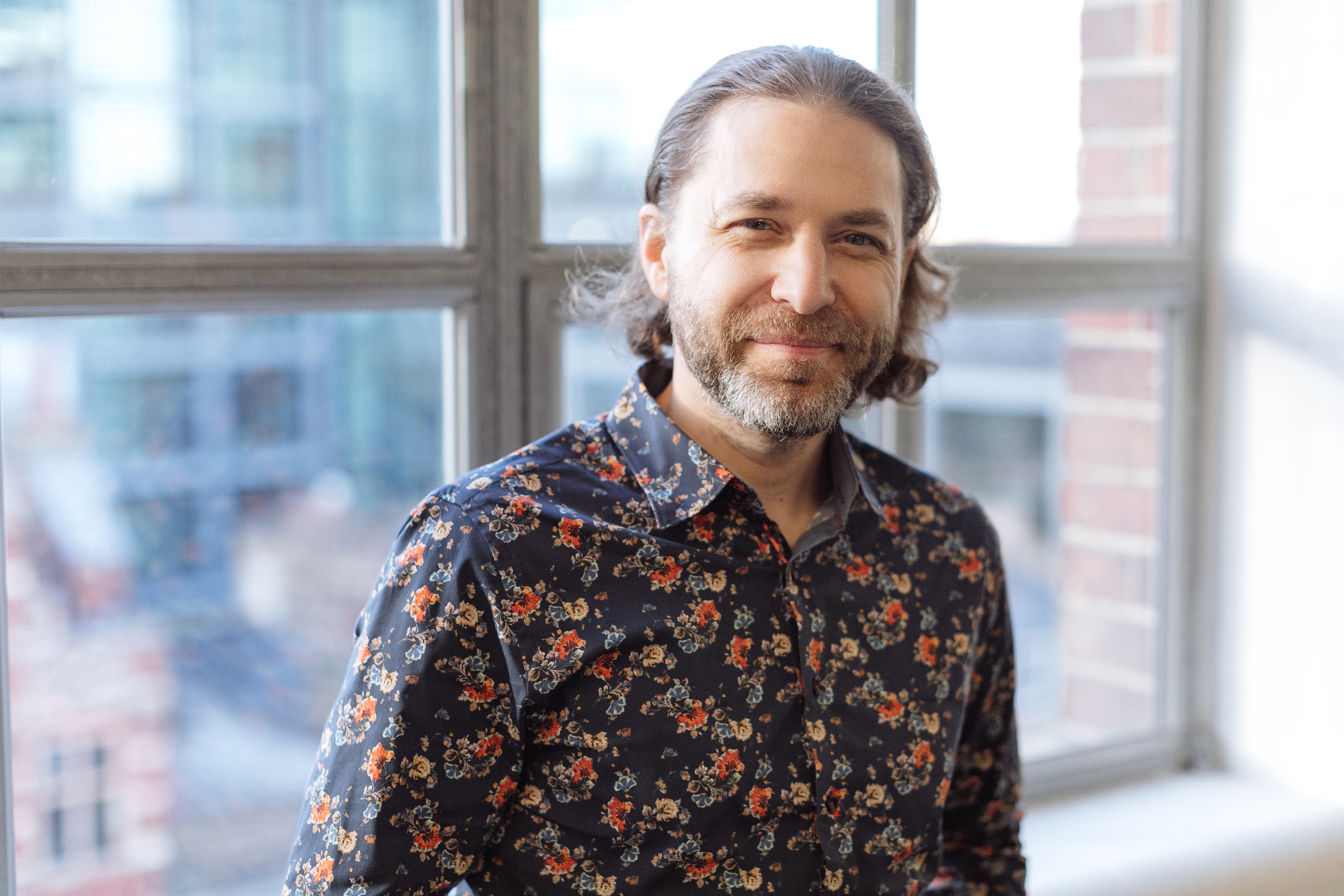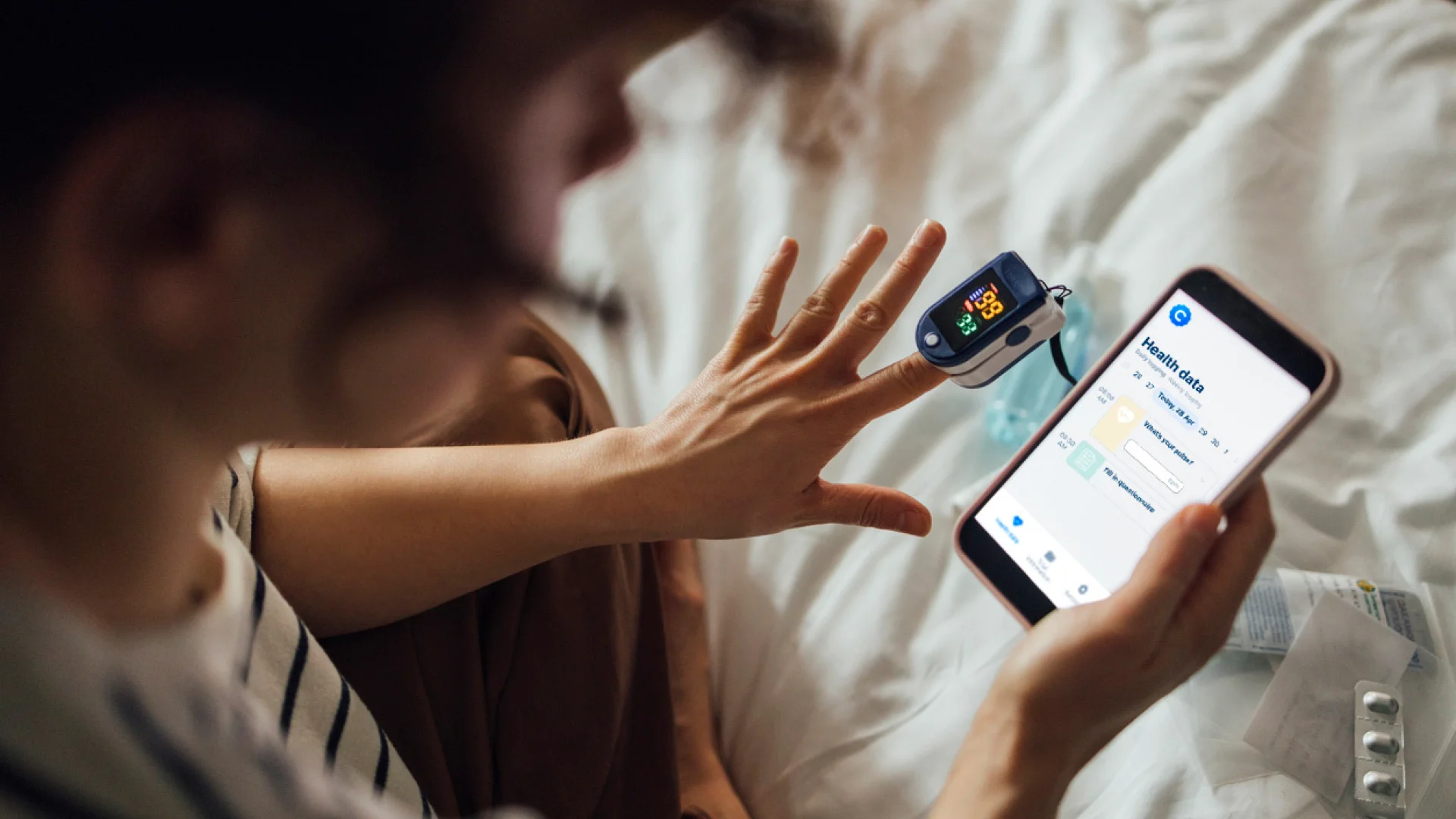Certific’s doctor-patient communication platform| Cookie Policy
This cookie policy is effective 4 September 2023
1. INTRODUCTION
We are Certific OÜ, a company established under Estonian law, registry code 16050394, address Volta 1, 10411, Tallinn, Estonia (" Certific " or " us ").
Certific operates the websites perearst24.ee, certific.co and their subdomains ( “Website” ), applications (“ Application ” or “ Applications ”) and software, databases, interfaces, related media, documentation, updates, new releases, and other components or materials incorporated or integrated therein (collectively, the " Platform ").
Certific is committed to protecting and respecting your privacy when using our Services. This cookie policy document (“Cookie Policy”) describes how we use cookies in connection with the provision of the Platform. This policy should be read in conjunction with our Privacy Policy.
2. WHAT ARE COOKIES?
Cookies are small text files that may be stored on your computer or other device (such as a smartphone, tablet, etc.) that contains data related to a website you visit. They are widely used to make websites work or make them more efficient, as well as to provide information to site owners. The table below explains which cookies we use and why.
Cookies can be session cookies or persistent cookies.
- Session cookies are temporary cookie files that are deleted when you close your browser.
- Persistent cookies remain in browser subfolders until you delete them manually or the browser deletes them based on the duration contained in the persistent cookie file.
Cookies can be so-called first-party cookies or third-party cookies.
- First party cookies are set by the website you visit. Only this Website can read them.
- Third-party cookies are cookies set by external service providers over which we have no control. These named third parties may include, for example, advertising networks and providers of external services like web traffic analysis services. These third-party cookies are likely to be analytical cookies or performance cookies or targeting cookies.
3. WHAT COOKIES DOES CERTIFIC USE?
Certific Services and the Platform use the following cookies:
|
Cookie
|
Type
|
Description
|
Duration
|
|
Google Analytics cookie: _ga
|
Third party cookie for analytics
|
This cookie is set by Google Analytics. The cookie is used to track visitors, sessions and site usage for a site analytics report. Cookies store information anonymously and assign a randomly generated number to identify unique visitors.
Google Analytics is a web analytics service provided by Google that monitors and provides insight into website traffic. Google uses the collected data to track and monitor the use of our service. This data is shared with other Google services. Google may use the collected data to contextualize and personalize advertisements in its advertising network. For more information about Google's privacy practices, please visit Google's privacy and terms page available at https://policies.google.com/privacy?hl=en .
|
2 years
|
4. HOW TO MANAGE COOKIES?
a) You can manage and delete cookies as you wish. Please note that all features of the Services and the Platform may not function properly if you delete or block cookies.
b) More information about cookies and details on how to delete cookies can be found at http://aboutcookies.org.
c) Please note that you can delete any cookies already on your device by clearing your browser's browsing history. This will remove all cookies from all websites you have visited. However, keep in mind that you may also lose some of your saved information (e.g., saved login details, site preferences).
d) Please also note that your browser settings options (such as Google Chrome, Microsoft Edge, Mozilla Firefox, Microsoft Internet Explorer, Opera or Apple Safari) may allow you to prevent cookies from being placed on your device, but you will likely need to make additional manual adjustments . a certain preference each time you visit the site/page. For more information, visit the browser developer's website.
e)To opt out of being tracked by Google Analytics on all websites, visit http://tools.google.com/dlpage/gaoptout.
5. CONTACT INFORMATION
If you have any questions about this Cookie Policy or if you would like to know more the way we use cookies, you can contact Certific by email or in writing using the following contact details us at certific@certific.co


